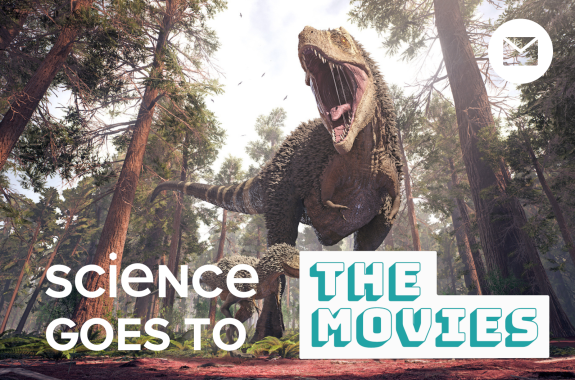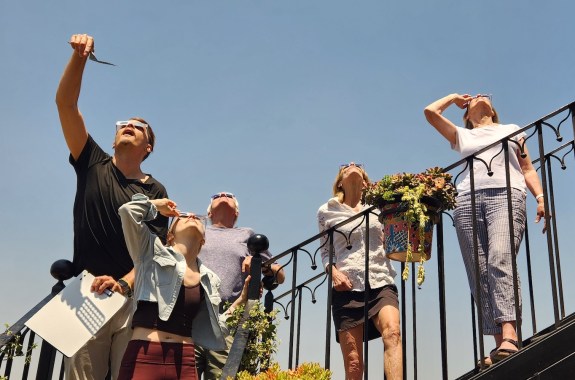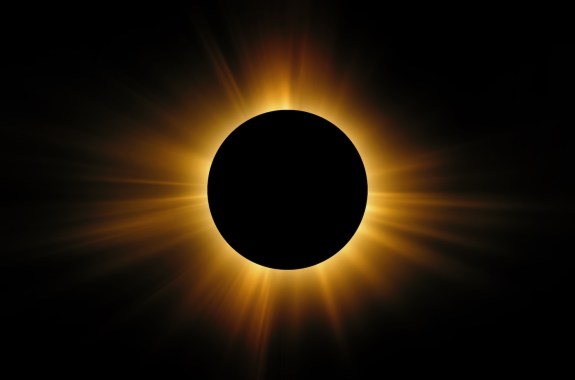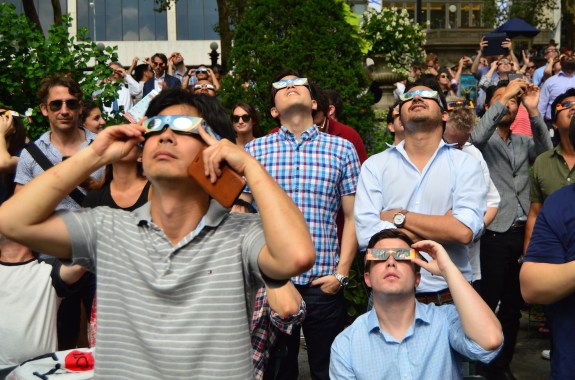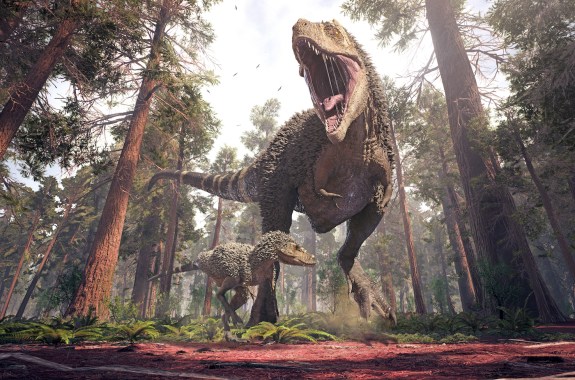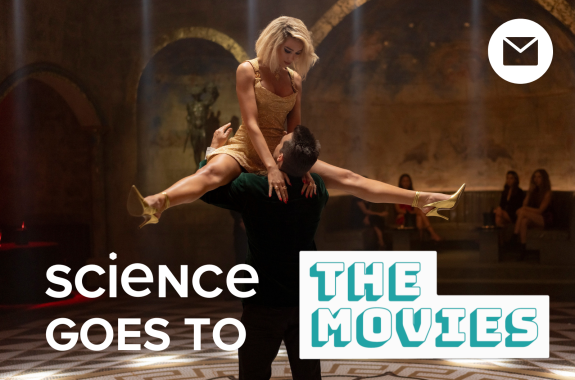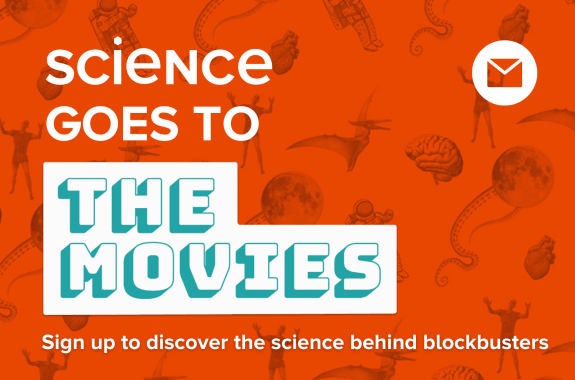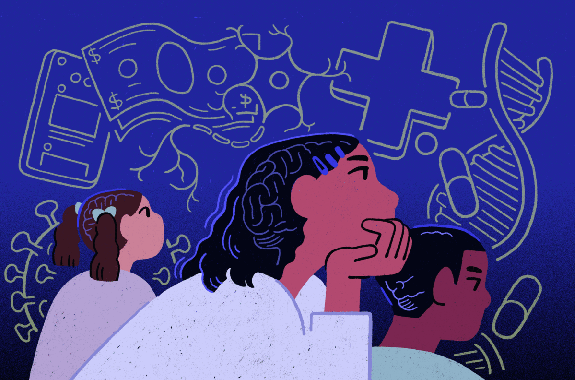As the Digital Producer of Engagement for Science Friday, Emma helps develop audience strategy, writes newsletters and journalistic articles, and contributes to the visual artistic direction of Science Friday’s digital platforms.
Emma was born and raised in Queens, New York, to Colombian and Jewish parents. She has a BA in Evolutionary Biology of the Human Species from Columbia University. Emma is a writer and illustrator who loves drawing primates, including naked humans. She is also a performance artist, having performed and directed experimental pieces for Ars Nova, Soho Playhouse, Williamsburg Art Nexus, The Tank, Times Square Arts, and more.
In her spare time, Emma listens to many musical soundtracks, writes a substack loveletter to junkfood, and tends to her coping mechanisms like G-d to the garden of Eden. Dave Malloy, if you’re reading this, you’ve changed my life forever.
17:15
Using A Lab On Wheels To Study Weed From Dispensaries
A van outfitted as a mobile laboratory helps scientists study how legal cannabis products affect users—without breaking the law.
In ’65,’ Adam Driver Should Have Known
Would tech-savvy space explorers stranded on ancient Earth really be shocked to find dinosaurs?
Your Snapshots From The Solar Eclipse
The “mental snapshots” readers shared from the April 8 solar eclipse capture the joy, wonder, and surreality of the day.
One Way To Preserve Your Eclipse Memory
Send yourself a “mental snapshot” of the eclipse so you can hold onto your experience of the cosmic event.
What Did Seeing An Eclipse Do For America?
Research from the 2017 total eclipse looked at how the awe of a natural phenomenon brought people closer together.
7:20
Should The Aliens In ’65’ Have Known About Earth’s Dinos?
In the movie “65,” an alien crashes on Earth during the Jurassic era, shocked to discover dinosaurs. An astrobiologist has questions.
Prepare For The April 2024 Eclipse With ‘Moon Mail’
Prepare for this year’s eclipse with solar science, umbraphile quests, and a plan to make a lasting memory.
Was The Nostalgic Music In ‘Argylle’ Crucial To The Plot?
In the energetic spy adventure, music helps a shy novelist remember who she actually is. There’s some science to how music triggers memories.
Sign Up For ‘Science Goes To The Movies’
In this newsletter, we explore all the science there is to find onscreen—in the theater or streaming at home!
The Best Of Science Friday, 2023
This year science reached new frontiers, and our coverage followed suit. Our staff—and audience—share their favorite SciFri creations of 2023.

